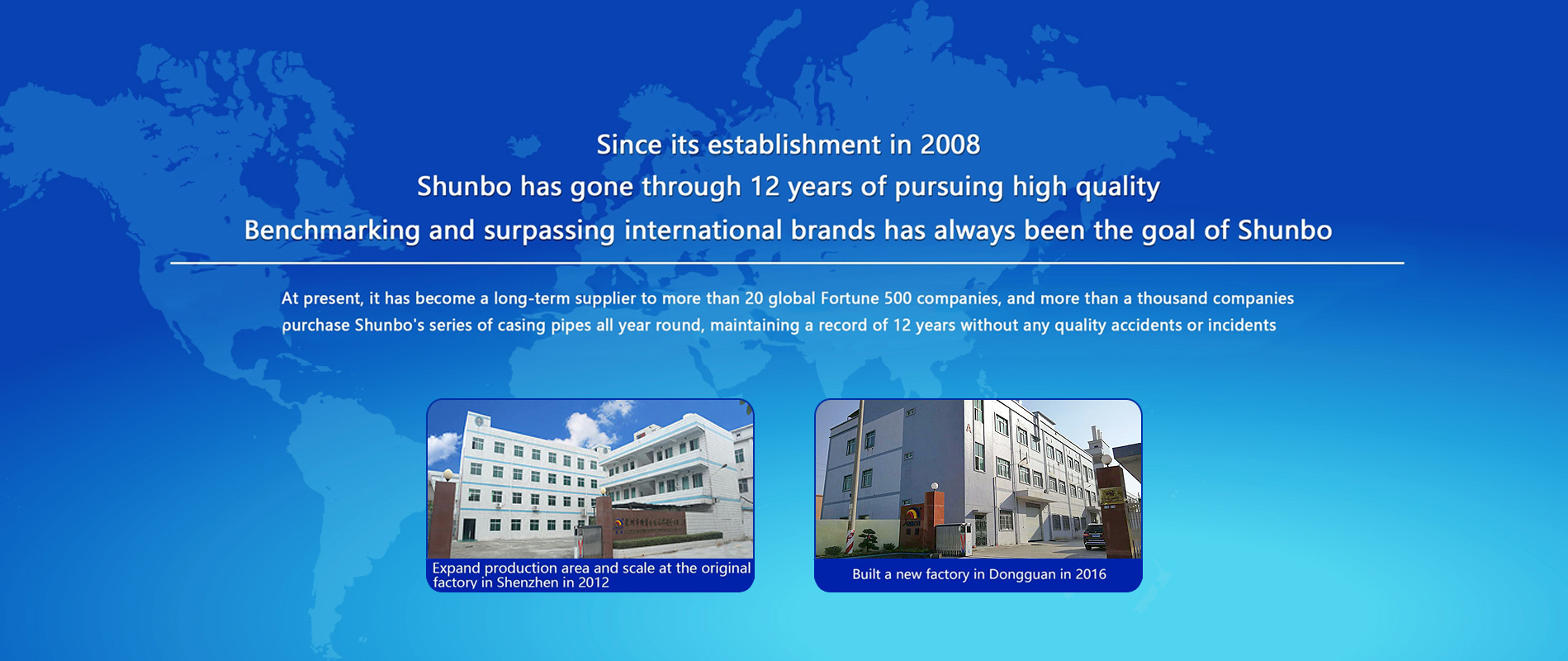
Title: The Versatile Applications of Silicone Tubes: A Comprehensive Overview
1. Medical and Pharmaceutical Applications (200 words) Silicone tubes have gained significant traction in the medical and pharmaceutical sectors due to their biocompatibility, non-toxicity, and resistance to sterilization methods. These tubes are widely used in applications such as catheters, feeding tubes, respiratory devices, and surgical instruments. Their flexibility and softness make them ideal for minimally invasive procedures, ensuring patient comfort and reducing the risk of tissue damage. Additionally, silicone tubes are resistant to bodily fluids, chemicals, and high temperatures, making them suitable for various medical applications.
2. Automotive and Aerospace Applications (200 words) Silicone tubes have found extensive use in the automotive and aerospace industries due to their ability to withstand extreme temperatures, vibration, and pressure. These tubes are commonly employed in engine cooling systems, turbochargers, fuel systems, and exhaust systems. Their excellent thermal stability and resistance to automotive fluids make them a reliable choice for critical applications. In the aerospace sector, silicone tubes are used in hydraulic systems, fuel lines, and environmental control systems, where their lightweight nature and resistance to harsh conditions are highly valued.
3. Food Processing and Beverage Industry (200 words) Silicone tubes have become an essential component in the food processing and beverage industry, primarily due to their compliance with stringent food safety regulations. These tubes are used in applications such as milk and beverage dispensing, food packaging, and processing equipment. Silicone's inert nature ensures that it does not react with food or alter its taste, making it a safe choice for handling consumables. Furthermore, silicone tubes are resistant to high temperatures, chemicals, and cleaning agents, making them easy to sanitize and maintain hygiene standards.
4. Electronics and Electrical Applications (200 words) Silicone tubes play a crucial role in the electronics and electrical industries, where they are used for insulation, protection, and sealing purposes. These tubes are employed in applications such as wire harnesses, cable assemblies, connectors, and electronic devices. Silicone's excellent electrical insulation properties, combined with its resistance to moisture, chemicals, and extreme temperatures, make it an ideal choice for these applications. Additionally, silicone tubes provide mechanical protection against abrasion, vibration, and environmental factors, ensuring the longevity and reliability of electrical components.
Conclusion (100 words) Silicone tubes have emerged as a versatile solution across various industries, offering unique properties that cater to specific application requirements. From medical and pharmaceutical to automotive, food processing, and electronics industries, silicone tubes have revolutionized processes, enhanced product performance, and ensured safety and reliability. As technology advances and industries evolve, the demand for silicone tubes is expected to grow, further expanding their application directions. With their exceptional flexibility, durability, and resistance to extreme conditions, silicone tubes continue to be a vital component in numerous sectors, driving innovation and progress.



